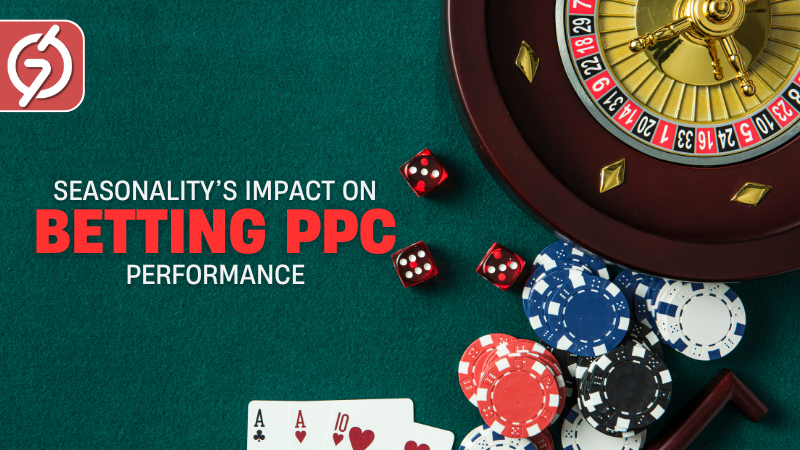
Every advertiser in the betting industry knows that timing is everything. Whether it’s a big sports event, a championship season, or even a quiet off-season week, the success of your betting PPC campaigns often depends on the calendar as much as your creative strategy.
According to H2 Gambling Capital, global betting activity spikes by nearly 40% during major sporting tournaments like the FIFA World Cup or the Super Bowl. That’s a massive traffic surge — but here’s the catch. While traffic increases, competition also skyrockets, CPC rates go up, and user behavior changes drastically. For advertisers, it’s both an opportunity and a challenge.
In short, seasonality doesn’t just influence user interest — it reshapes the entire performance curve of betting ads. Understanding this rhythm is what separates smart advertisers from those who waste ad spend chasing inconsistent results.
Suppose you’re already running campaigns or exploring strategies. In that case, it’s worth checking out and exploring "The Best Betting Ads for Maximum Profits," a deep dive into creative and performance synergies that drive better results in betting PPC.
The Seasonality Puzzle in Betting PPC
The first thing to understand is that the betting market is never constant. Audience activity fluctuates based on sports calendars, local events, weather, and even cultural moments.
For example:
During major tournaments like the World Cup or IPL, engagement levels soar.
In the off-season, the same audience becomes less active, lowering CTRs and conversion rates.
When niche sports are in season (like tennis or horse racing), specialized bettors become your prime traffic source.
This fluctuation means advertisers can’t run the same strategy year-round. A campaign that works during the Premier League might underperform during the summer lull. The challenge isn’t the lack of demand — it’s the shift in intent and behavior that occurs with every new season.
Wasted Ad Spend During Off-Seasons
Many advertisers fall into the trap of maintaining uniform budgets and bids throughout the year. They assume steady exposure equals steady performance. But in betting, timing dictates profitability.
During peak sports seasons, high-intent bettors flood search engines and apps. However, when the action slows down, those same ads end up showing to casual browsers or low-engagement users. The result? Rising CPCs and declining ROI.
Even experienced advertisers sometimes misread these cycles. They focus on creative refreshes or keyword expansion without addressing the root issue — seasonal demand variance. Without adapting bids, ad schedules, and audience targeting to match real-world events, campaigns slowly bleed efficiency.
The smart advertisers don’t just react; they plan for seasonal highs and lows like a trader anticipating market swings.
Data Reveals Predictable Patterns
Here’s where the story gets interesting. When you look at aggregated PPC performance data across betting platforms, a clear pattern emerges.
For example:
January to March: Users bet heavily on football leagues and cricket tournaments.
April to June: Interest dips slightly before seasonal finals and playoffs.
July to September: Off-season lull for several sports, causing lower conversions.
October to December: Sharp recovery driven by new seasons, local leagues, and festive offers.
What this shows is that seasonality isn’t unpredictable — it’s cyclical. And in betting PPC, cycles are your best forecasting tool.
Advertisers who use past data to anticipate seasonal spikes often outperform competitors who react only when trends are already visible. A small tweak in your calendar strategy can make your entire ad budget work smarter, not harder.
How User Intent Shifts with the Season
Another underrated effect of seasonality is the change in user motivation. During high-stakes tournaments, bettors tend to act quickly — chasing in-play opportunities and odds. But during quieter months, users lean more toward content exploration, predictions, and bonus-based engagement.
Understanding this difference lets you adjust your ad copy and targeting approach.
Peak seasons: Focus on real-time urgency, odds, and live bets.
Off-seasons: Emphasize loyalty rewards, insights, or upcoming event previews.
This intent shift directly impacts your CTRs and conversion rates. If your betting ad campaigns don’t adapt their messaging, you risk losing relevance, no matter how good your creative is.
Ad Competition and Cost Fluctuations
One of the clearest indicators of seasonality is the rise and fall of ad costs. During major tournaments, keywords related to popular teams, leagues, or matches see a huge spike in bidding competition.
For example:
A football betting keyword might cost $1.20 per click during off-season but jump to $2.80 during the World Cup.
Display ad inventory becomes scarce as big brands flood ad exchanges.
If you don’t adjust for these changes, your PPC ads for betting can burn through budgets before they deliver meaningful conversions. The key is balance — knowing when to bid aggressively and when to hold back.
During high-competition windows, focus on precision: tighten your targeting, exclude low-performing geos, and use audience-based bidding. In quieter months, experiment with broader targeting or creative testing while CPCs are lower.
Smarter Seasonal Strategy
A smarter seasonal PPC strategy combines data forecasting, adaptive bidding, and creative rotation. Here’s how top advertisers manage it:
Use data forecasting tools. Analyze past campaign data to predict upcoming high-volume windows.
Adjust budgets dynamically. Shift ad spend toward known peaks (like the Champions League) while scaling down during lulls.
Update creatives based on context. Seasonal references in ad text improve engagement and relevance.
Refine geo-targeting. Focus on regions where betting activity peaks during specific tournaments.
This adaptive mindset ensures your ad spend is always aligned with real-world behavior. Instead of treating each month equally, you treat each one strategically.
To understand how effective ads pair with timing and creativity, check out the
A Betting ad network is a great resource for advertisers exploring niche betting verticals.
Segmentation and Personalization During Seasonal Peaks
When traffic floods in, segmentation becomes crucial. Not every user entering your funnel during a high season is worth the same investment.
Split your audience into micro-segments based on:
Betting frequency (regulars vs. occasional).
Device type (mobile bettors tend to react faster).
Location relevance (sports vary by region).
Using these segments, personalize ad copy, landing pages, and offers. For example:
Push live odds for active users.
Offer signup bonuses to casual bettors.
Send app download prompts to mobile-first audiences.
This fine-tuned targeting ensures that your betting adverts stay relevant even in noisy, competitive seasons.
Leveraging Off-Seasons to Experiment
Off-seasons often scare advertisers into cutting spend altogether. But that’s when smart testing happens. With lower CPCs and reduced competition, you can experiment freely — new ad copy, landing page formats, and keyword structures.
Treat off-seasons like your A/B testing playground. Build learnings now, so when the next season starts, your campaign structure is already optimized.
You can also focus on content-driven awareness ads or remarketing campaigns that warm up audiences for upcoming events. This way, you maintain visibility even when betting activity dips — keeping your brand top of mind.
Practical Seasonal Optimization Tips
If you’re preparing for the next big sports window, here are actionable ways to make your campaigns season-proof:
Set separate budgets for high and low seasons. Don’t rely on yearly averages.
Use countdown-based ads. Drive urgency before major events start.
Leverage weather and regional data. Weather impacts viewing and betting patterns.
Align your ad schedule with live matches. Most betting actions happen during and just before games.
Rotate creatives frequently. Avoid ad fatigue during tournaments with long durations.
Retarget high-season visitors. Convert them later through tailored offers during the off-season.
These simple adjustments often mean the difference between fluctuating performance and consistent growth.
Take Control of Your Seasonal PPC Strategy
Betting advertisers who plan for seasonality don’t just survive — they dominate. They anticipate spikes, manage costs intelligently, and optimize their creative flow around real-world events.
If you’re ready to apply these tactics and build campaigns that adapt to every season, you can
Create an ad campaign now and start seeing data-backed improvements.
Closing Thoughts
Seasonality is not a problem to fix — it’s a rhythm to master. The best advertisers don’t resist these cycles; they learn to move with them. When you sync your betting paid advertising strategy with the natural pulse of the sports calendar, you unlock performance that’s predictable and scalable.
Think of your campaigns like waves: sometimes you ride them, sometimes you build energy beneath the surface. Both are essential for long-term growth.
At the end of the day, betting advertisers who understand timing — not just targeting — are the ones who stay profitable, even when the game changes. So the next time performance dips, don’t panic. Look at the calendar first. Chances are, the season’s just shifting, and your strategy should too.
Because when you get the timing right, betting PPC isn’t just about ads — it’s about precision, patience, and profit.




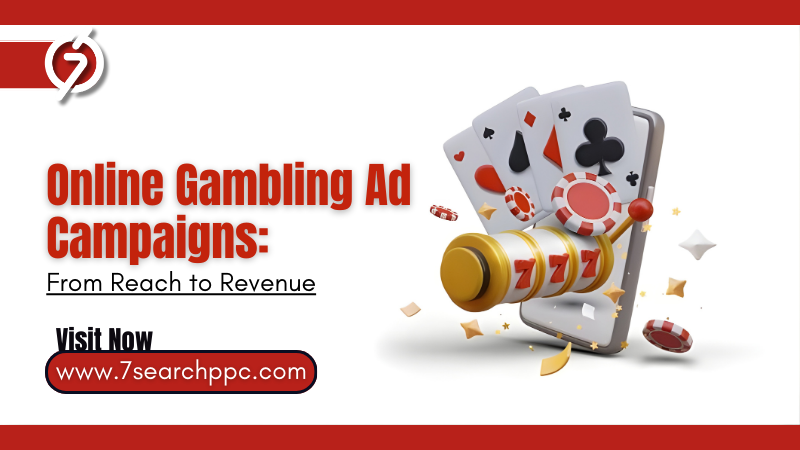
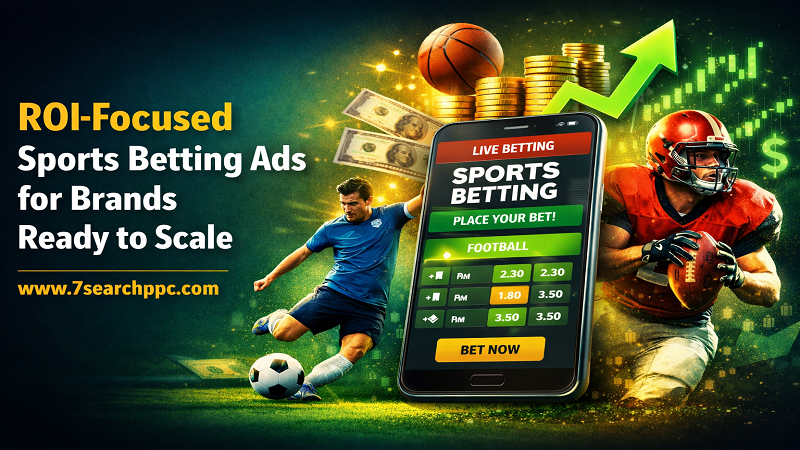

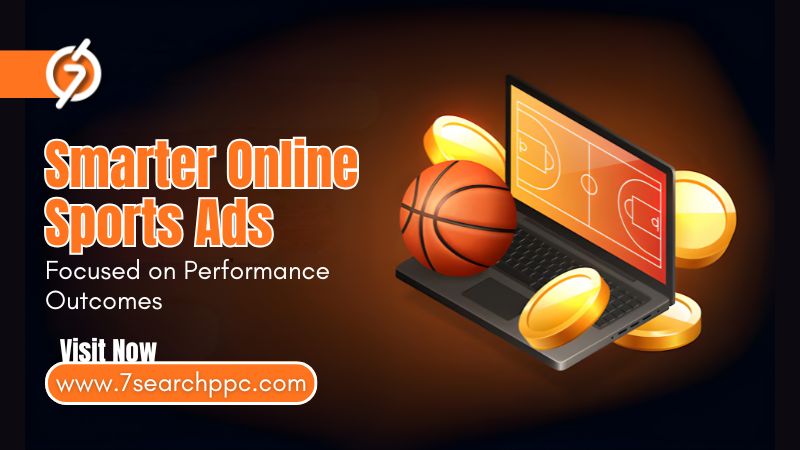
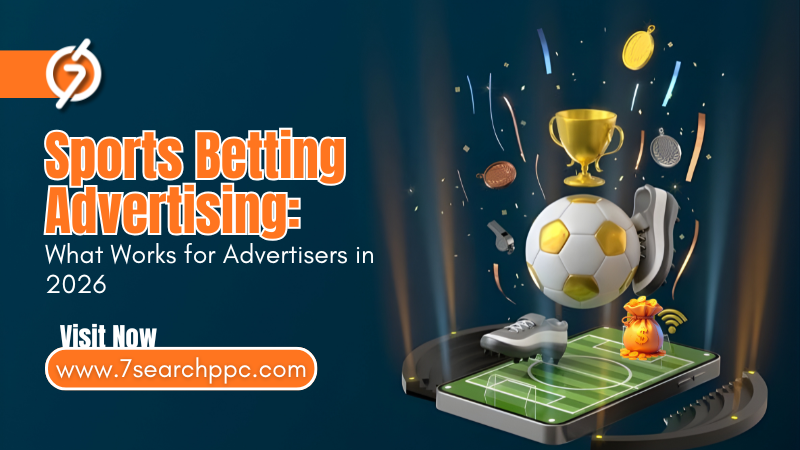
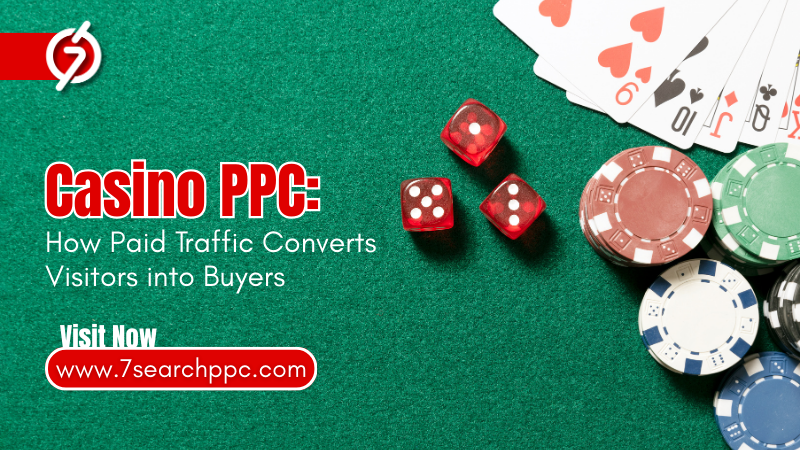
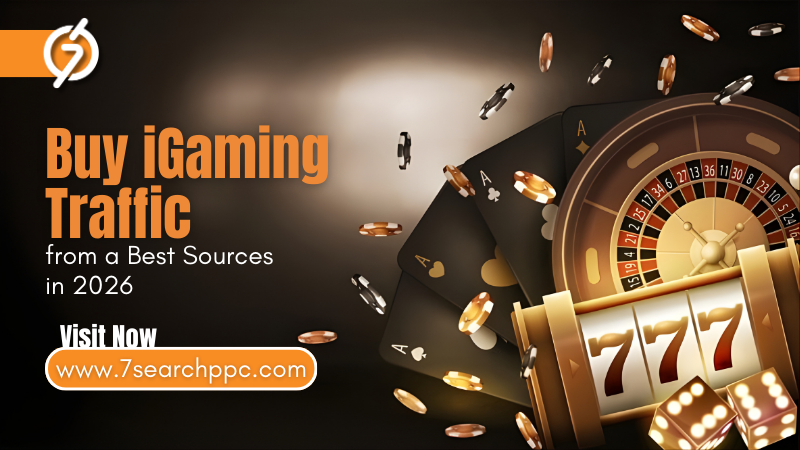
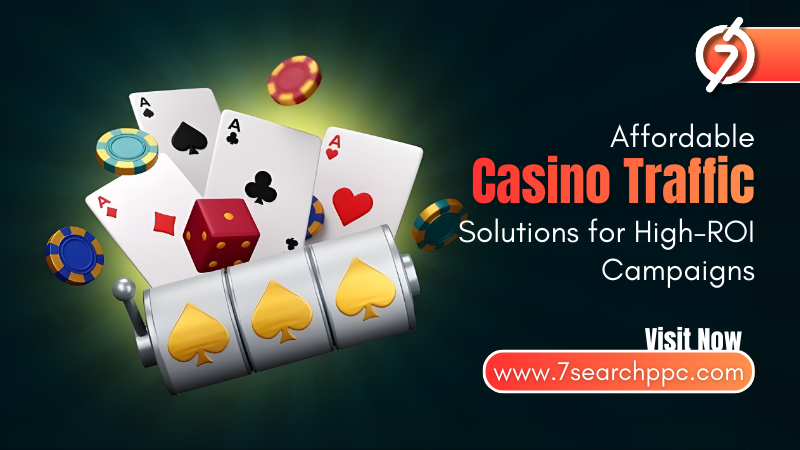




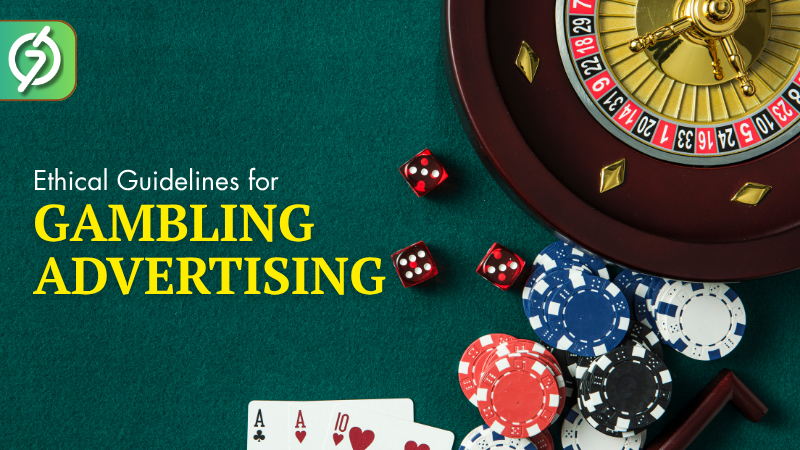

Write a comment ...